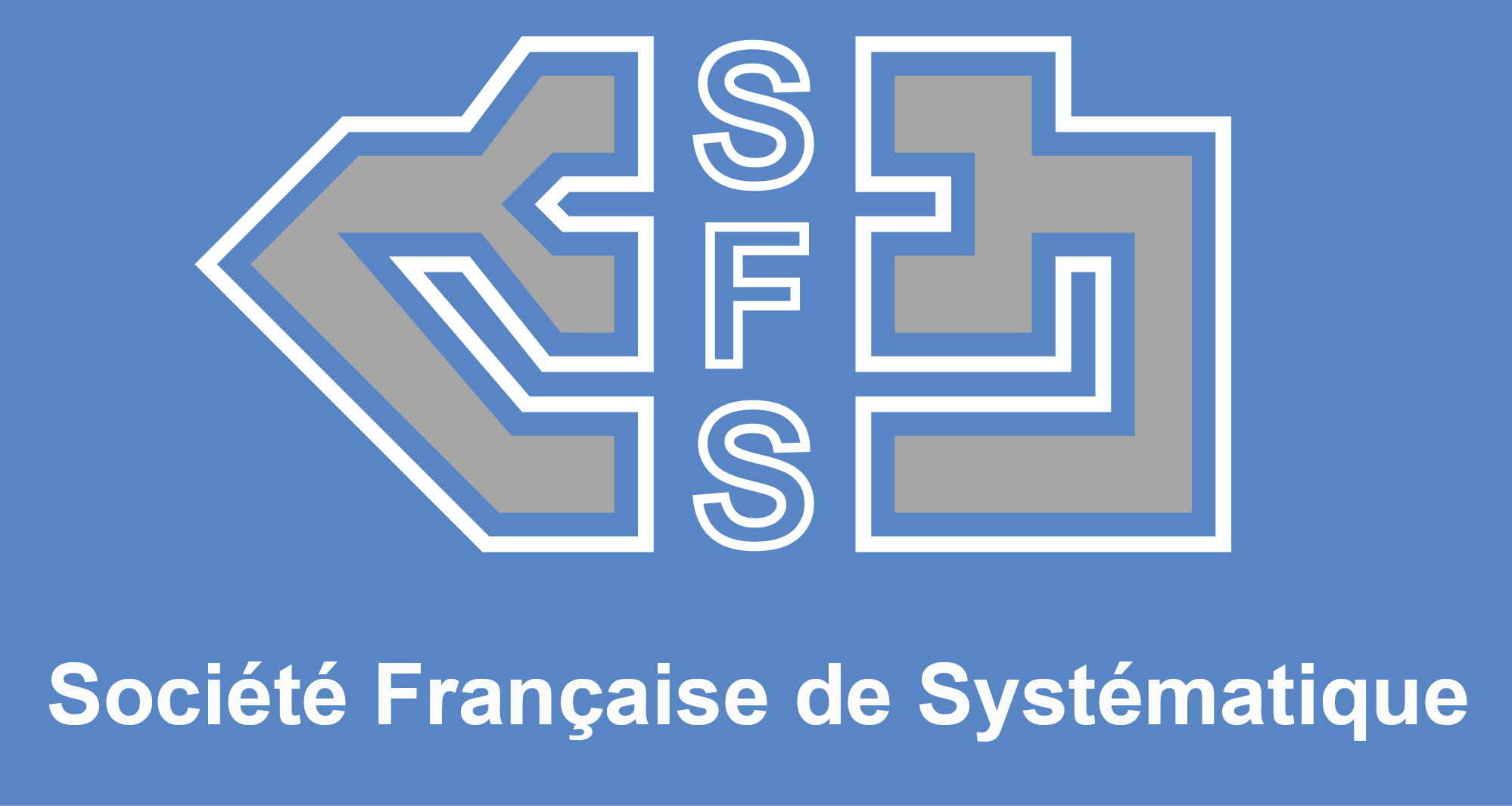
Coordonné par Patrick Martin, Sophie Nadot, Christophe Daugeron
Version papier, version numérique
Ce volume de Biosystema est particulier. En effet, il est le trentième numéro d’une série entamée en 1987 (cf. Matile et al. 1987, rééd. 2013), c’est-à-dire il y a près de trente ans, et il consacre, précisément, les trente ans d’existence de la Société française de systématique (cf. Dumoulin & Ollivier 2013).
Pour fêter cet anniversaire particulier, la SFS a articulé ses journées annuelles de novembre 2014 autour du thème de l’arbre du vivant, pris comme une métaphore décrivant les relations entre tous les êtres vivant sur Terre, dans un contexte évolutif. Par le biais de communications balayant l’ensemble du vivant, sous des angles très variés mais incluant presque toujours une approche phylogénétique, ces journées ont démontré, s’il en était besoin, le rôle central de la systématique dans la façon d’aborder l’histoire évolutive des organismes. Elles ont rassemblé un public nombreux et ont suscité des discussions animées, des débats parfois vifs autour des concepts associés à la systématique, mais, surtout, un enthousiasme bien présent.
Le présent volume entend partager et prolonger cet état d’esprit, en présentant une sélection des communications présentées au cours de ces journées. Le lecteur pourra apprécier les avancées, parfois spectaculaires, dans la connaissance de la phylogénie et/ou l’origine de taxons précis sur les trente dernières années.
SOMMAIRE
Les trente ans de la Société française de systématique, par Patrick Martin, Sophie Nadot et Christophe Daugeron (7)
Discours d’introduction aux Journées de la Société française de systématique, par Daniel Goujet (11)
La phylogénie des téléostéens : un chantier des méthodes en systématique, par Donald Davesne et Guillaume Lecointre (13)
L’origine des oiseaux, hier et aujourd’hui : petit retour historique sur un changement de paradigme, par Armand de Ricqlès (33)
L’arbre du vivant : classification phylogénétique des Annélides, par Patrick Martin (49)
Un aperçu de la phylogénie des oiseaux, par Alice Cibois et Jérôme Fuchs (69)
La phylogénie des proboscidiens (Mammalia) ; une question de méthode, par Pascal Tassy (81)
Phylogénie et classification : concepts, méthodologie générale et postulats requis, par Pierre Deleporte (99)
« Arbori-culture » : une typologie des « arbres » dans la culture phylogénétique, par Guillaume Lecointre (113)
Les deux biogéographies : biogéographie historique vs histoire géographique, par René Zaragüeta i Bagils (133)
Les paléoanthropologues sont-ils en meilleure position que les autres pour se permettre d’ignorer les règles de la systématique ? Un bref historique, par Valéry Zeitoun (155)
Conception et réalisation d’une exposition permanente consacrée à l’arbre du vivant, par Pierre Pénicaud (173)














